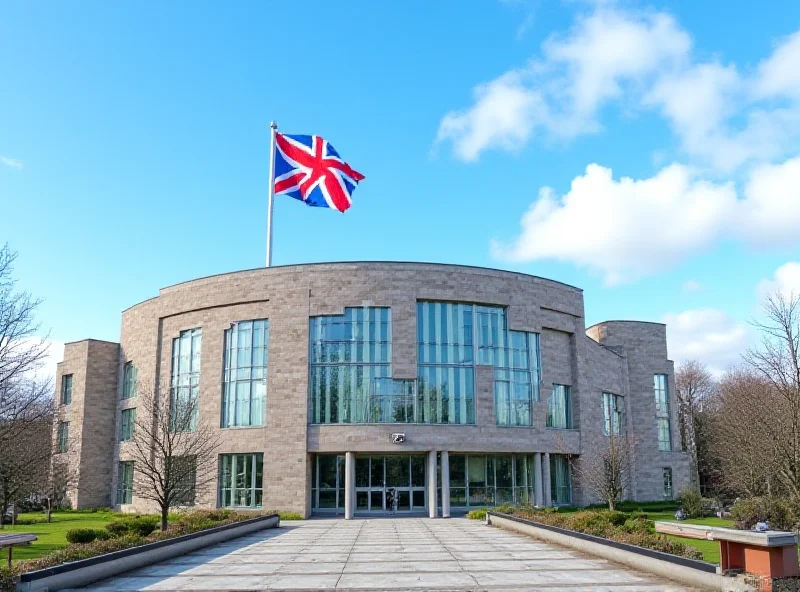Political discussions are heating up across the UK, with debates raging from tax policies in Scotland to sentencing guidelines in England and Wales. Here's a look at some of the key developments.
Tax Troubles in Scotland
The Scottish Government is facing scrutiny over a potential tax loophole. It has been confirmed that 241 of its own employees aren't subject to the Scottish rate of income tax. Why? Because their primary residence is located outside of Scotland, specifically in England. This allows them to avoid the higher tax rates imposed by the SNP government.

This revelation has sparked controversy, raising questions about fairness and whether the SNP's "harsh" tax regime is incentivizing some to seek residence elsewhere. The situation highlights the complexities of cross-border taxation and its impact on government employees.
Lowering the School Leaving Age?
Meanwhile, the Scottish Conservatives are proposing a significant change to education policy. They suggest lowering the minimum school leaving age from 16 to 14. Russell Findlay, a prominent figure within the party, argues that some students would be better served by pursuing college studies or apprenticeships at a younger age.

This proposal has ignited a debate about the optimal age for students to transition from formal education to vocational training or higher learning. Supporters argue that it would allow young people to pursue their passions and develop practical skills earlier in life. Critics, however, express concerns about the potential impact on social development and future career prospects.
"We need to equip our young people with the skills and opportunities they need to succeed in the modern workforce. Lowering the school leaving age could be a step in the right direction for some." - Russell Findlay, Scottish Tory Leader
Protecting Pregnant Offenders
Across the border, in England and Wales, new sentencing guidelines are aiming to protect pregnant offenders and new mothers. The Sentencing Council for England and Wales has issued guidance stating that pregnant women and mothers of children under one year old should only be sent to jail when absolutely unavoidable.

These changes have been hailed by campaigners as a crucial step towards a more compassionate and just criminal justice system. The new guidelines recognize the unique vulnerabilities of pregnant women and the importance of maintaining the bond between mothers and their young children.
These developments across the UK highlight the ongoing debates and reforms shaping the political landscape, from tax policy to education and criminal justice.
